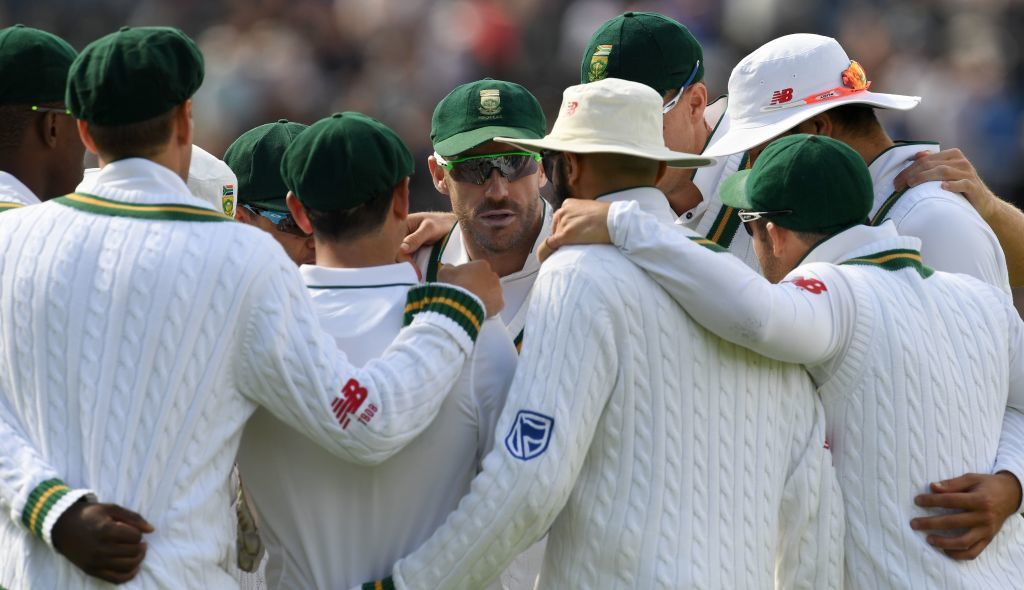South African cricketers, across the board, are understandably getting nervous over the fact that the contract which governs their pay and conditions will expire on 30 April.
And the fact that Cricket South Africa, the governing body, has shown little sense of urgency to renegotiate the Memorandum of Understanding, which comes around every four years, is also a cause for concern. They can’t say it came as a surprise.
There is also a disconcerting undertone to the press statements released by CSA and the South African Cricketers’ Association (Saca) about the contracts.
While acknowledging the urgency of the situation, CSA last week rather glibly suggested that if the MOU had not been agreed to by 30 April, it was ‘willing’ to extend existing contracts.
But Saca, which was rather taken aback by this unilateral idea, says it cannot be done as simply as that, because ‘some players have already been told that they will no longer be contracted, some will be moving between national and franchise contracts, some will be moving between franchises and some will be first-time franchise players. Extensions of contract are simply unworkable for all of these players,’ said Saca.
Worse though, was Saca directly contradicting Cricket South Africa regarding the progress of negotiations. Talks on key issues had not even begun, it said, despite what CSA claimed.
We only have to look back to the Australian situation of last year to see how damaging a prolonged negotiation could be. It ended with their A-team tour to South Africa being cancelled as players refused to work until they had an agreement.
It became increasingly acrimonious, and much trust and goodwill were lost in the process.
The cricketers’ association has accused CSA of dragging its heels, and said it had difficulty getting the governing body even to respond to its letters and emails.
In the meantime, CSA saw fit to take a weekend off for a ‘Transformation Indaba’ at the lavish Kwa Maritane Bush Lodge in the Pilanesberg national park (‘where Mother Nature and guests meet in perfect harmony, located on the slopes of an ancient volcano’), at the end of which CSA was proud to announce it had consolidated its principles, policies and implementation procedures.
While not for a moment undervaluing the importance of that momentous decision, it does seem rather strange timing and that CSA which, by the way, took a massive financial hit from the aborted Global League T20 fiasco, should prioritise the Indaba over vital talks which affect the welfare of all cricketers, from the lowest level to the national team.
CSA, which is already seeing an exodus of young talent, cannot afford to lose the trust and goodwill of its players. It may already have done so.







